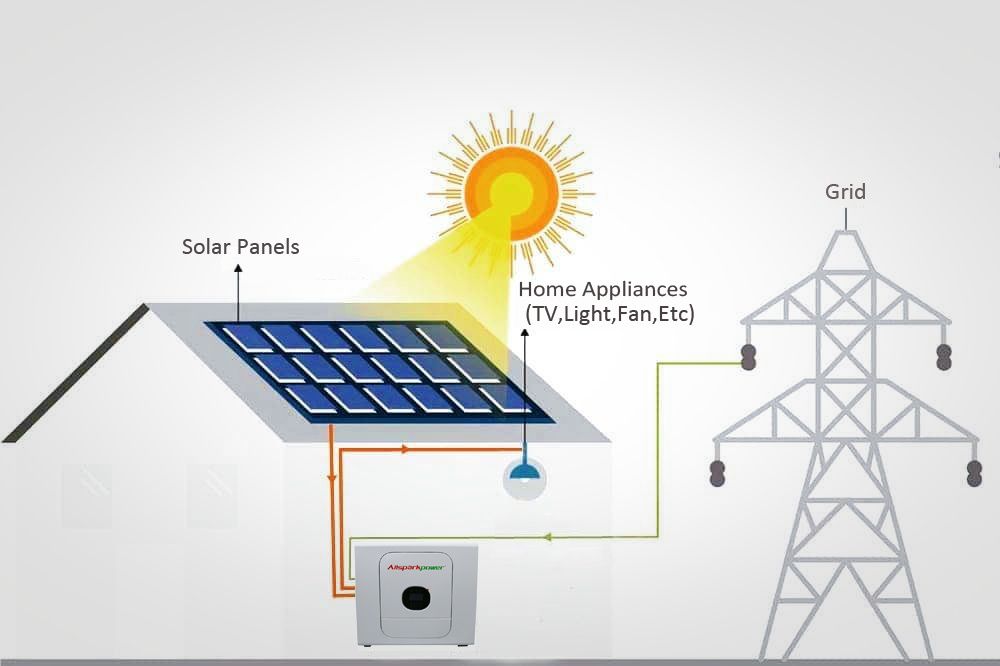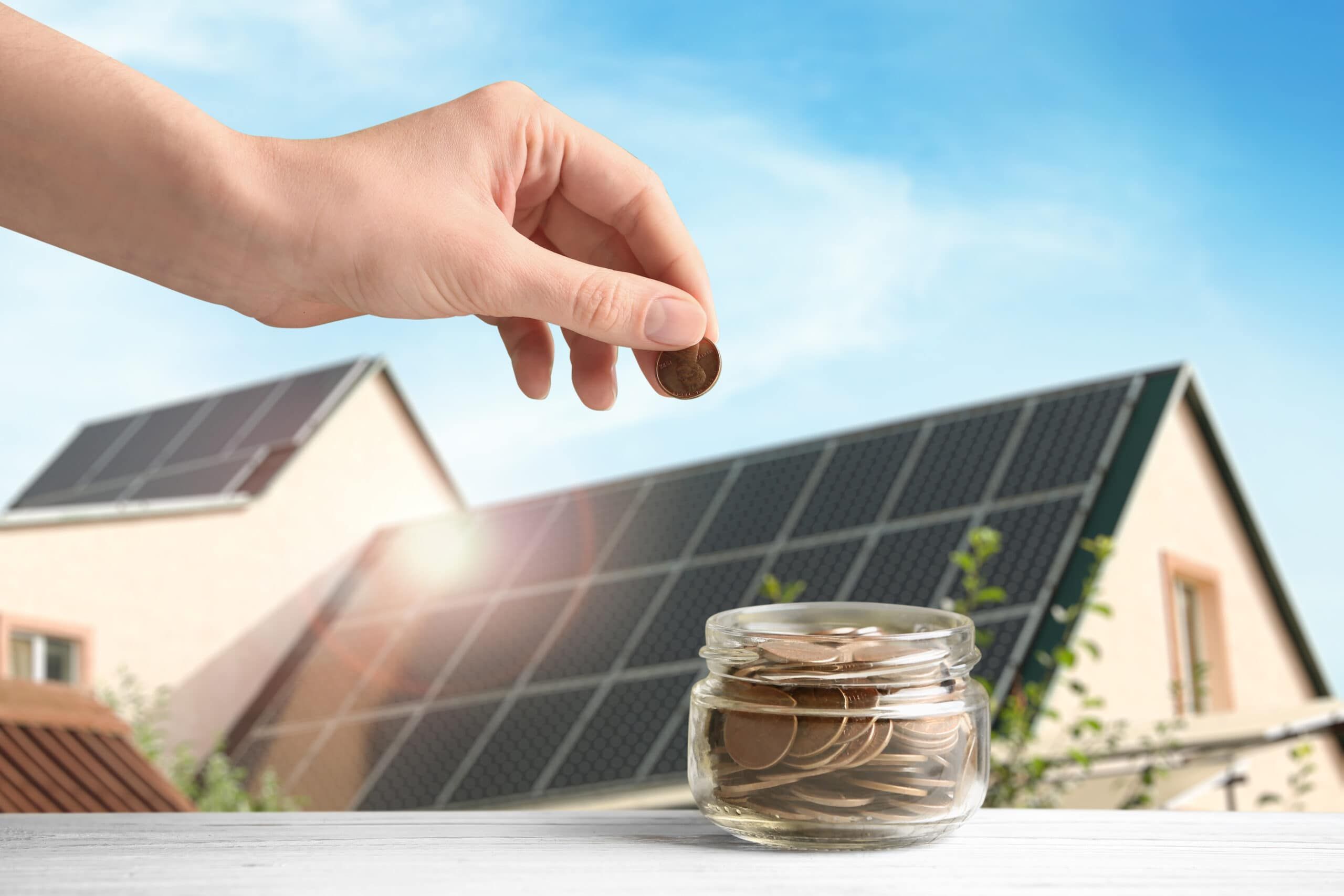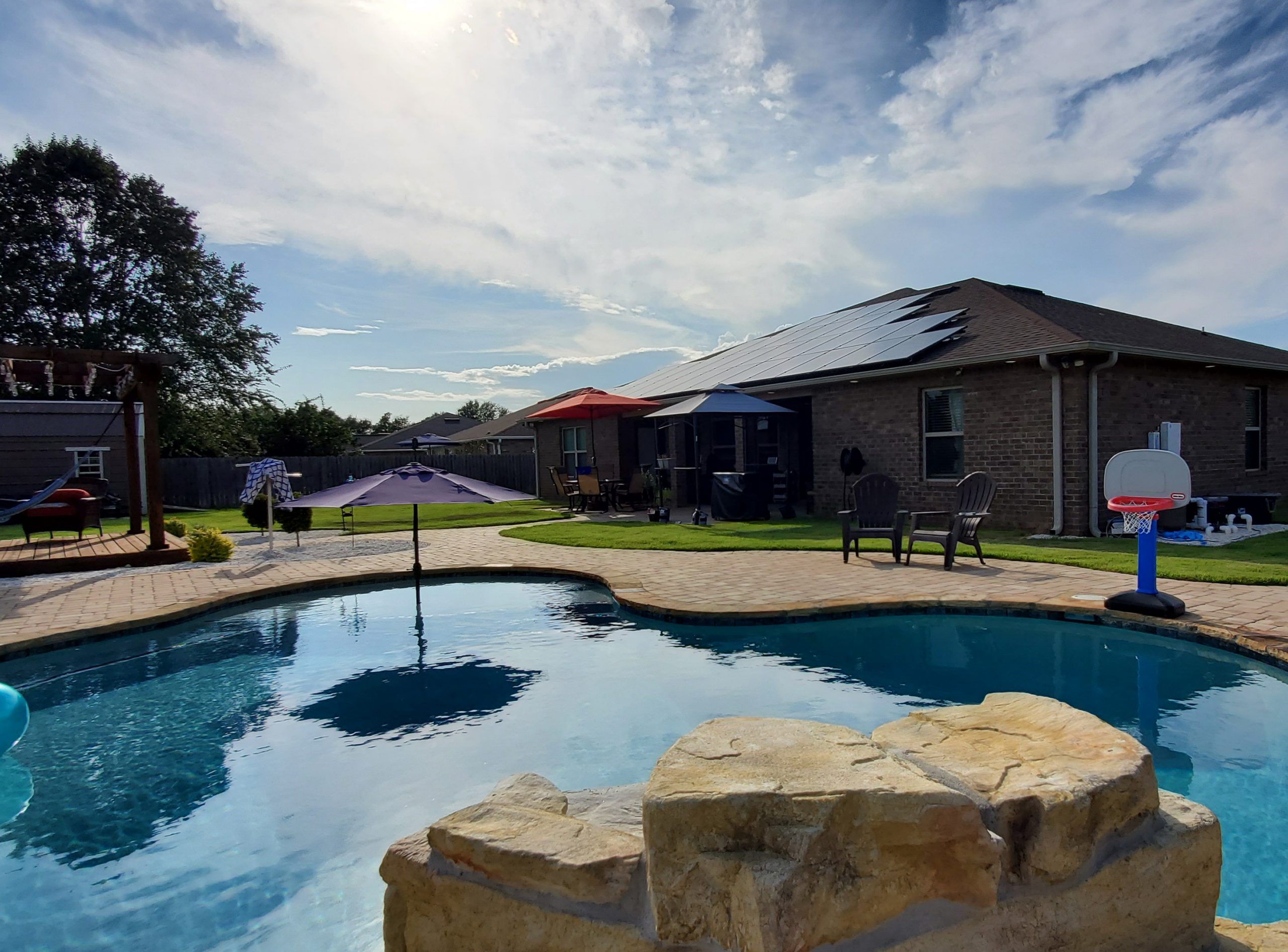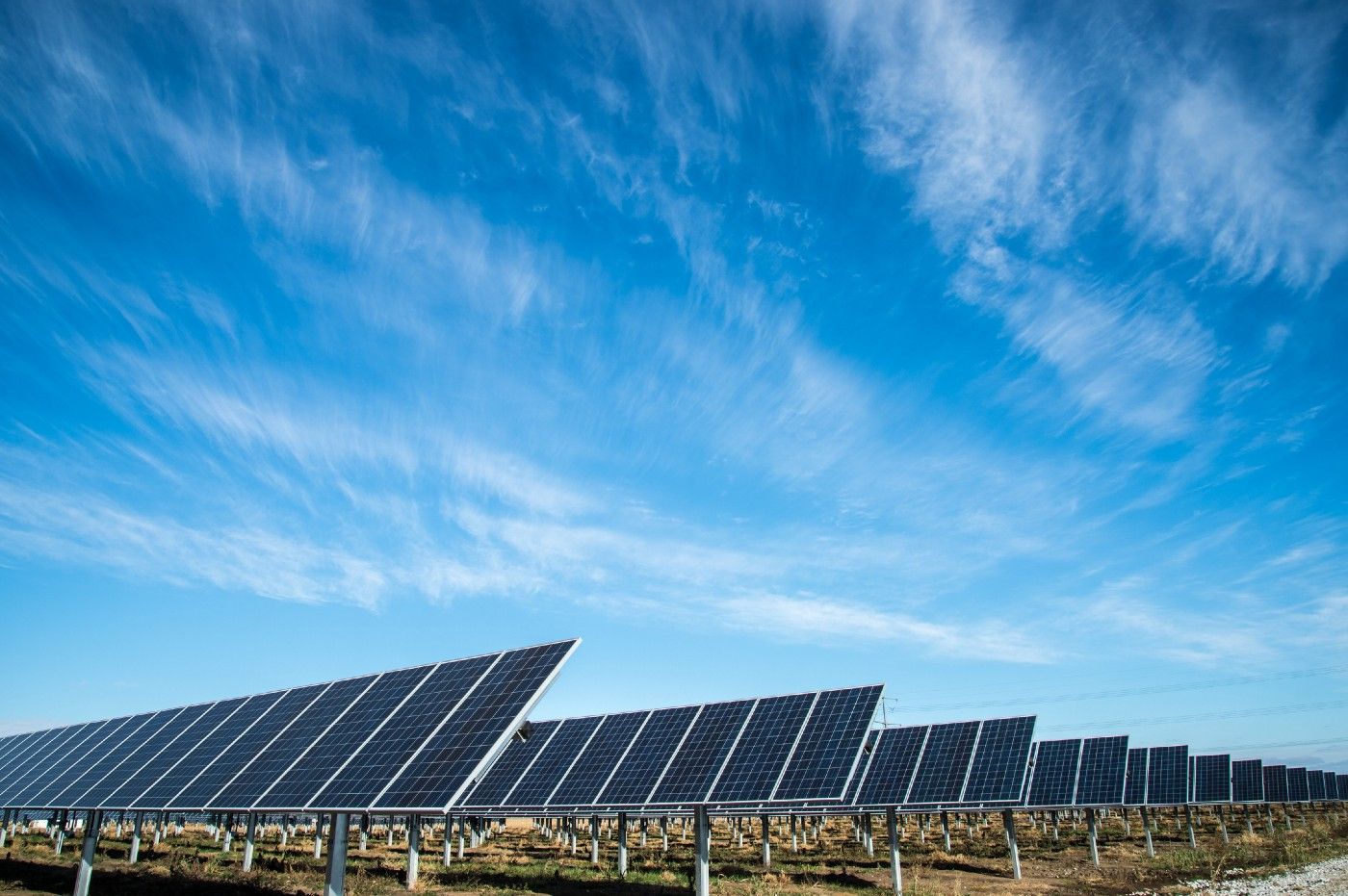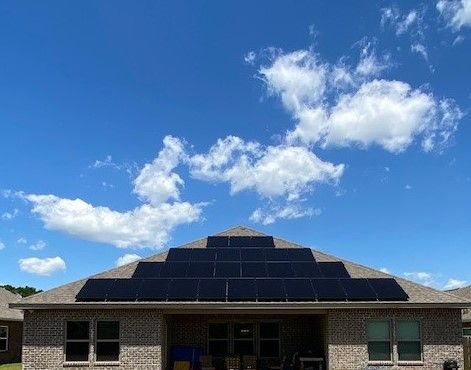Is it Illegal to Go Off-Grid in Florida?
“Going off-grid” – disconnecting from a utility power source and instead relying on alternative energy sources like solar power – is fully legal in Florida. But that comes with special caveats — if you do it the right way, with the proper planning and foresight, in most jurisdictions in the state.
Every year, thousands of Floridians free themselves from the power grid, most commonly by installing a self-sufficient solar panel system to harness the natural power of the sun.
Here, we’ll dive into the nitty-grityy – what going “off-grid” actually entails, what the Florida courts have said about it, the benefits of living off the grid, and how you can get started on your own project to disconnect.
What Does Going ‘Off-Grid’ Actually Entail?
“Going off-grid” is a common phrase in our culture, but what does the term actually mean?
Merriam-Webster defines the term as:
“not connected to or served by publicly or privately managed utilities (such as electricity, gas, or water).”
Accordingly, the most popular way to go off-grid is to disconnect your property from the government-sponsored utility services that most residents rely on by default to power, heat, and cool their homes.
Instead, Florida residents who live off the grid power their homes with their own, independent systems. The most affordable and efficient of these options is a solar panel system, but other alternative sources include natural gas and wind power.

In addition to independent energy production, Floridians may also adopt related alternative “off-grid” practices such as:
- Growing and eating their own food
- Digging wells or finding alternative water sources
- Getting rid of television and other mass media connected either through satellite or through cable lines
- Emergency preparation for natural disasters and/or social collapse scenarios
Although these measures might seem unrelated, the central theme that ties them together is independence – one of the enduring and most treasured principles in the American tradition.
“Our unalterable resolution should be to be free.”
-Samuel Adams
What Have the Courts Said About Off-Grid Living in Florida?
There has been much confusion about the legality of off-grid living in Florida based on some recent court rulings.
In one 2020 case regarding a property owner in Cape Coral who refused to hook up to the city utilities, the judge ruled that her refusal constituted a violation of the International Property Maintenance Code, which many Florida jurisdictions have instantiated into local law.
The International Property Maintenance Code (IPMC):
“Regulates the minimum maintenance requirements for existing residential and commercial buildings. The IPMC is intended to establish minimum standards for basics such as structural conditions, lighting, ventilation, sanitation, and fire safety.”

Florida jurisdictions at both the county level (Charlotte County) and the city level (Orlando) have adopted the IPMC as their standard property code. In these jurisdictions, the local authorities may pursue civil penalties against residents who go off-grid.
So, in summary, here are a few points to consider about the legality of going off-grid in Florida:
- There are no current statewide laws outlawing going off the grid. The legal consequences (or lack thereof) vary on a location-by-location basis. Generally, rural, unincorporated areas are friendlier to off-grid living than larger urban centers.
- In many cases, you might be required to maintain a connection to the city/county utilities – but that doesn’t mean you have to use them. You can still install and run all or most of your power, for example, through a solar panel system. There is no law mandating citizens use local power supplies.
- Local law may require you to submit an application to get a permit for your alternative power system – which might include providing a schematic of your proposed project. (Compass Solar can help our customers with that).
The Benefits of Off-Grid Living With Solar Power Systems
Off-grid solar power systems provide multiple benefits for both the property owner and the wider world. They include:
- Reduced electricity costs (shave potentially tens of thousands of dollars off of your utility bills over the two-plus decades of use that you can expect from your solar panel system)
- No power outages during hurricanes and other natural disasters (big for Northwest Florida residents!)
- Protecting the environment from fossil fuel-induced climate change
- Tapping the world’s one true renewable energy source
- Readily available energy no matter how remote your property is
… Just to name a few. In reality, there are dozens, if not hundreds, of good reasons to ditch the big energy companies and rely instead on the endless energy of the sun via your own, independent, fully warranted solar panel system.
Tips for Successfully Going Off-Grid in Florida
By following a few simple guidelines, you can ensure a smooth transition away from the public utilities to utilizing your own, self-sufficient means of energy generation:
- Relocate to a rural area. As we mentioned previously, zoning and regulatory laws are laxer in rural areas, generally, in comparison to towns and cities.
- Connect to the grid but don’t use their power. This can keep the authorities off of your back; you might be required (depending on your jurisdiction) to connect to the public utilities, but there’s no law anywhere in Florida mandating their use.
- For a legal way to get around compliance with local ordinances, perhaps consider living in an RV or houseboat. They are typically more difficult to connect to public utilities and may provide a viable legal pretext to ditch the grid altogether.
- When faced with legal issues, if possible, hire an attorney. A Florida real estate attorney specializes in defending property owners’ rights against aggressions by the state. This includes the ability to build alternative energy systems and, if desired, to discontinue use of the public utilities.
- If you’re looking to relocate to start your off-grid lifestyle, consider specific counties in the state that are friendliest for off-grid living (lax regulations/zoning laws, plenty of rural space, etc.). One Florida off-grid blogger identified the following counties as the best-suited for living off-grid: Collier County, Monroe County, Liberty County, Lake County, Escambia County, Broward County, Glades County, and Jackson County.
Pensacola’s own Escambia County made the list!

Go Off-Grid With Compass Solar, Pensacola’s Leading Solar Power Experts
Get your off-grid project off the ground with the expert assistance of Compass Solar, the leading Florida authority on all things solar power.
To learn more with no sales pressure, you can book a demonstration. We’ll cover all the bases so that you can make the best decision possible to meet your home energy needs.

